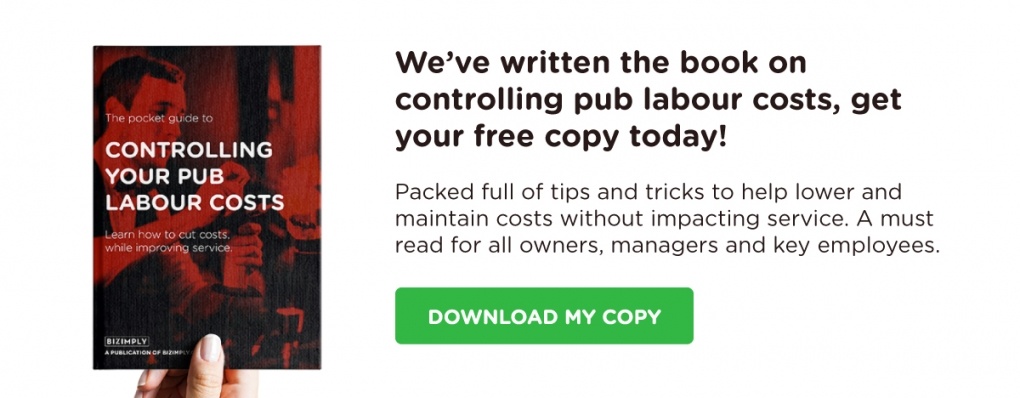Whether you manage 1 or 100 locations, controlling the labour costs of your pub is key to its financial health and success. There are a number of factors to consider in achieving this. Here are some quick tips:
Managing The Rota
How you schedule your shifts will keep costs down or raise them unnecessarily. Shifts should not be the same every week, but instead, be based on data. You should check sales forecasts and upcoming events. Try to use intuition and experience. Study what worked well previously. It also helps to look back to times the pub was overstaffed and note learnings from this.
Using Labour Data
You should create goals for your labour costs and make sure you are working towards them every week. When sales increase, it’s fine for labour costs to increase, but problems arise when sales decrease and there isn’t a simultaneous decrease in costs. Be proactive, not reactive with recording and monitoring the data. Doing so allows you to make sound decisions in the future.
Monitoring Attendance
Tracking time and attendance helps keep costs down by reducing the likelihood of buddy punching (where a friend punches in for a friend who is late or out). It also allows you to pay your staff for actual hours worked (as well as actual breaks taken), as opposed to scheduled hours. Staff guilty of time theft – multiple occasions of lateness or overextended breaks – can be filtered out.
Managing Your Team
It’s also important that shifts are managed well. Staff should be aware of what is expected of them in terms of break policies, but also what their role entails. Staff who are given defined directions for their shifts are more likely to work hard and deliver great customer service. With a clear sense of purpose, they’re also more likely to take pride in their work. Remember, it costs a lot more to hire someone new than it does to put effort into retaining high-quality staff. Sourcing new talent costs money, as does the onboarding process. Keep your current team happy by investing in training, promoting internally, and paying and rewarding fairly.
Set an example
Set a good example yourself – managers and owners set the tone for how the rest of the team approaches work. If employees see you slacking off or not taking your work seriously, they may mirror this behaviour. Setting an example also reduces the chances of staff theft. Staff pocketing money or giving away drinks discounted or for free can be huge costs to a pub over time.
For more actionable tips on all the points above, as well as many others, download Bizimply’s free guide, ‘Controlling Your Pub Labour Costs.’










